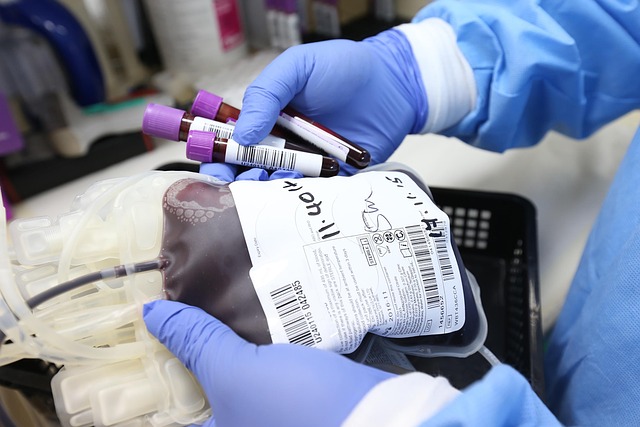Parkinson’s Clinical Trials
Parkinson's disease affects millions of people worldwide, challenging researchers to develop innovative treatments that can improve patients' quality of life. Clinical trials represent a critical pathway for medical breakthroughs, offering hope to those living with this complex neurological condition. For individuals interested in contributing to scientific advancement or potentially accessing cutting-edge treatments, understanding the clinical trial process is essential.

How Do Research Centers Find and Recruit Trial Participants?
Research centers employ multiple strategies to identify potential clinical trial participants. Medical databases, patient registries, neurology clinics, and specialized Parkinson’s support networks serve as primary recruitment channels. Neurologists often recommend suitable patients directly, while online platforms and patient advocacy groups help spread awareness about ongoing research opportunities.
What Are the Basic Requirements for Trial Participation?
Participation in Parkinson’s clinical trials typically requires meeting specific medical criteria. Most studies seek individuals with confirmed Parkinson’s diagnosis, within certain age ranges, and exhibiting particular disease progression characteristics. Factors like overall health, current medications, and previous treatment history play crucial roles in determining eligibility.
What Does the Qualification Process Involve?
The qualification process is comprehensive and structured. Potential participants undergo extensive medical screenings, including neurological examinations, cognitive assessments, and detailed medical history reviews. Researchers conduct thorough evaluations to ensure participant safety and study integrity. Participants may need to complete questionnaires, undergo physical examinations, and provide consent after receiving detailed study information.
Unique Insights for Parkinson’s Research in the United States
The United States leads global Parkinson’s research, with numerous prestigious institutions like the Michael J. Fox Foundation and National Institutes of Health driving innovative clinical trials. American research centers are particularly focused on developing personalized treatment approaches, exploring genetic factors, and investigating breakthrough therapies that could potentially slow or halt disease progression.
What Safety Measures Protect Trial Participants?
Rigorous ethical guidelines and regulatory frameworks protect clinical trial participants. Institutional Review Boards (IRBs) meticulously review and approve study protocols, ensuring participant safety. Medical professionals continuously monitor participants’ health, with predefined protocols for addressing potential adverse reactions. Comprehensive informed consent processes provide transparency about potential risks and expected outcomes.
What Types of Compensation and Support Are Available?
Clinical trial participation often includes various forms of support and compensation. Many studies offer:
| Compensation Type | Description | Typical Details |
|---|---|---|
| Medical Expenses | Study-related healthcare costs | Typically fully covered |
| Travel Reimbursement | Transportation and accommodation expenses | Varies by study |
| Financial Compensation | Payment for time and participation | Ranges from $50-$500 per study |
Prices, rates, or cost estimates mentioned in this article are based on the latest available information but may change over time. Independent research is advised before making financial decisions.
Parkinson’s clinical trials represent a beacon of hope for patients and researchers alike. By understanding the recruitment process, safety measures, and potential benefits, individuals can make informed decisions about participating in groundbreaking medical research that could transform future treatments.






